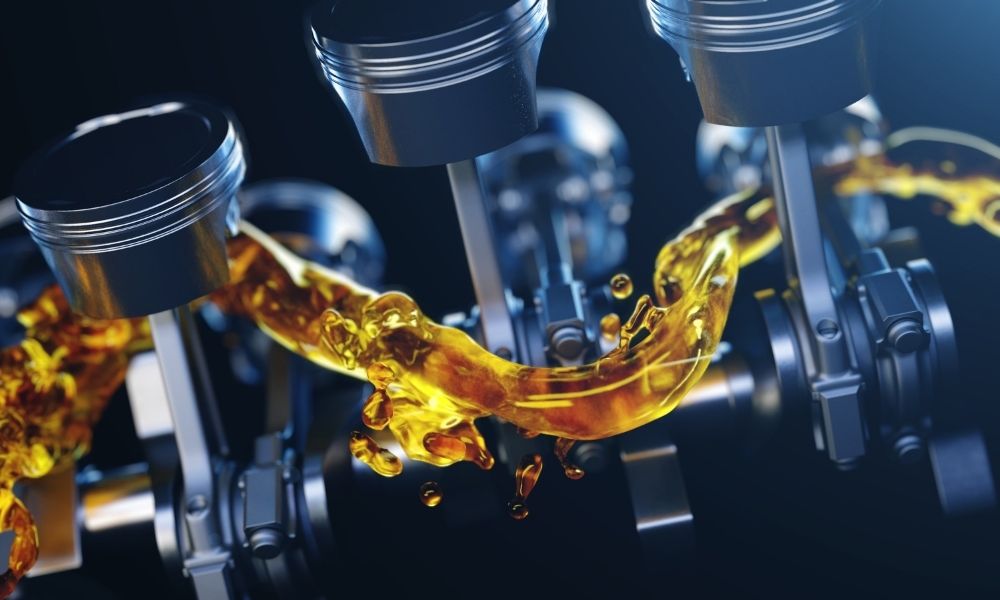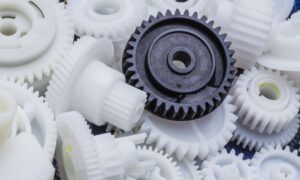Plastics interact with other plastics and industrial materials in unexpected ways. Some cause more friction and some cause less.
The plastic’s makeup will greatly determine how it interacts with other materials with or without lubricants. It’s important to know how to go about identifying the best lubricant to use on plastic gears when in production.
Molecular Issues
Not all plastics are made the same. For this reason, deciding on lubricants can be a little tricky. Not all plastics are compatible with lubrication.
Some make their own lubrication when put under stress or pressure. Others react differently, and this is due to their chemical and molecular makeup. This should be the first thing to rule out before making a firm decision.
Viscosity of Oil
People have used oils to lubricate machinery for ages, but this doesn’t mean all oils are suitable for industrial use. Oils all contain different levels of viscosity. Only those with higher levels of viscosity should be used with plastics because they are less likely to adversely affect plastics during their life cycle. Those with lowered viscosities can penetrate and crack plastics. They should be avoided.
Recommended Lubricants
No matter what level of viscosity, most lubricants will break down plastics at some point. However, this happens less frequently with synthetic lubricants, if at all. Silicone-based lubrication should be used for low-load bearing applications, while PFAE lubricants should apply to heavier duty jobs.
They should be lubricated often and not avoided. They aren’t bulletproof and still need lubrication to remain in working condition. Some even more than others, so keep a close eye on them if your business uses plastic gears that require lubrication. Otherwise, you will need a backorder of replacement plastic gears to keep you going.
There may be no perfect solution for identifying the best lubricant to use on plastic gears. But we can narrow down the possibilities. More importantly, we should know the chemical makeup of our gears so that we can know how to care for them.




